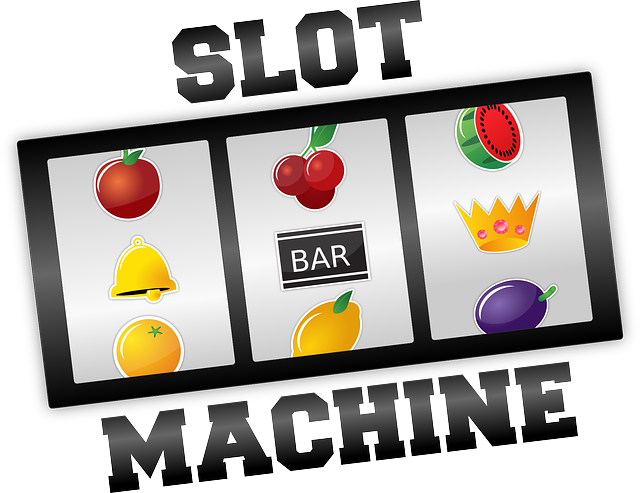Electronic Arts Defend Loot Boxes
If you’re familiar with the concept of ‘loot boxes’ in video games, you’re likely also aware of the bad reputation they’ve developed in recent years. Paying for additional content in video games is nothing new, but back when it was, people knew what they were paying for. There would be a clearly marked price, and a clearly stated reward. If you wanted the reward, you paid for it. If you didn’t, you left it alone. The system was fair to everybody.
Where loot boxes have gone wrong more recent is in hiding their contents from buyers. People don’t know what they’re paying for until they’ve already made their payment, and only find out what their money had got them when they ‘open the box.’ In some cases, the reward might be worth more than they paid. In others, it might be significantly less. The excitement comes in finding out. While some people consider that to be harmless (but costly) fun, others see it as gambling.
It’s easy to see why the connection has been made. The entire concept of gambling is based on risk and reward. You pay a small amount of money in the hope that you’ll win a larger prize. That’s the basis behind every form of gambling you can think of, from sports betting to online casino games. Gambling is legal in many countries, and so there’s nothing to say that it can’t or shouldn’t be included in some mobile video games. The issue is that children aren’t allowed in casinos, and aren’t permitted to play Mobile Slots. Allowing a child access to a mobile casino game would be a criminal offense, and would likely see a casino lose its license. Because loot boxes appear in games which aren’t age restricted, some companies have been accused of effectively permitting children to gamble on mobile phones.
 Given the intense negativity that’s been directed at loot boxes, it’s something of a surprise to see a company as large as Electronic Arts defending the practice – but that’s exactly what vice president Kerry Hopkins did last week when she was called before a specially convened panel of politicians in the United Kingdom last week. She not only defended the use of loot boxes in EA games; she also used an unusual metaphor to do it.
Given the intense negativity that’s been directed at loot boxes, it’s something of a surprise to see a company as large as Electronic Arts defending the practice – but that’s exactly what vice president Kerry Hopkins did last week when she was called before a specially convened panel of politicians in the United Kingdom last week. She not only defended the use of loot boxes in EA games; she also used an unusual metaphor to do it.
In Hopkins’ eyes, offering loot boxes is no different from a child buying a Kinder Egg and getting the treat inside. For those who aren’t in the know, a Kinder Egg is a chocolate egg (think about an Easter Egg, but smaller), inside which is a small toy. They’re aimed at children under ten, and they’ve been a popular treat in the UK for decades, despite being banned in the USA for half a century. Her point is that children don’t know what’s inside the Kinder Egg until they’ve paid for it.

The argument doesn’t stand up to scrutiny. While it’s true that there’s no way of knowing what’s inside a Kinder Egg, they’re really paying for the chocolate, and the buyer gets that whatever happens. There’s no ‘chocolate’ with a loot box – you either get something worthwhile, or you get something useless.
Despite EA’s apparent defense of their wish to provide loot boxes to young customers, it would seem that the law is determined to move against them. Earlier this year, Google’s Play Store made it a requirement for any game containing loot boxes to display the odds of finding specific rewards inside the box. This revealed that some developers were offering boxes that had less than a 1% chance of containing the highest possible rewards – around the same odds, in fact, as hitting the jackpot first time on a casino game.
EA is so huge as a company that it’s doubtful the seemingly unwise comments by Hopkins will do them any significant damage – but we suspect that a year from now, the Kinder comparison is going to look like a very bad take.

